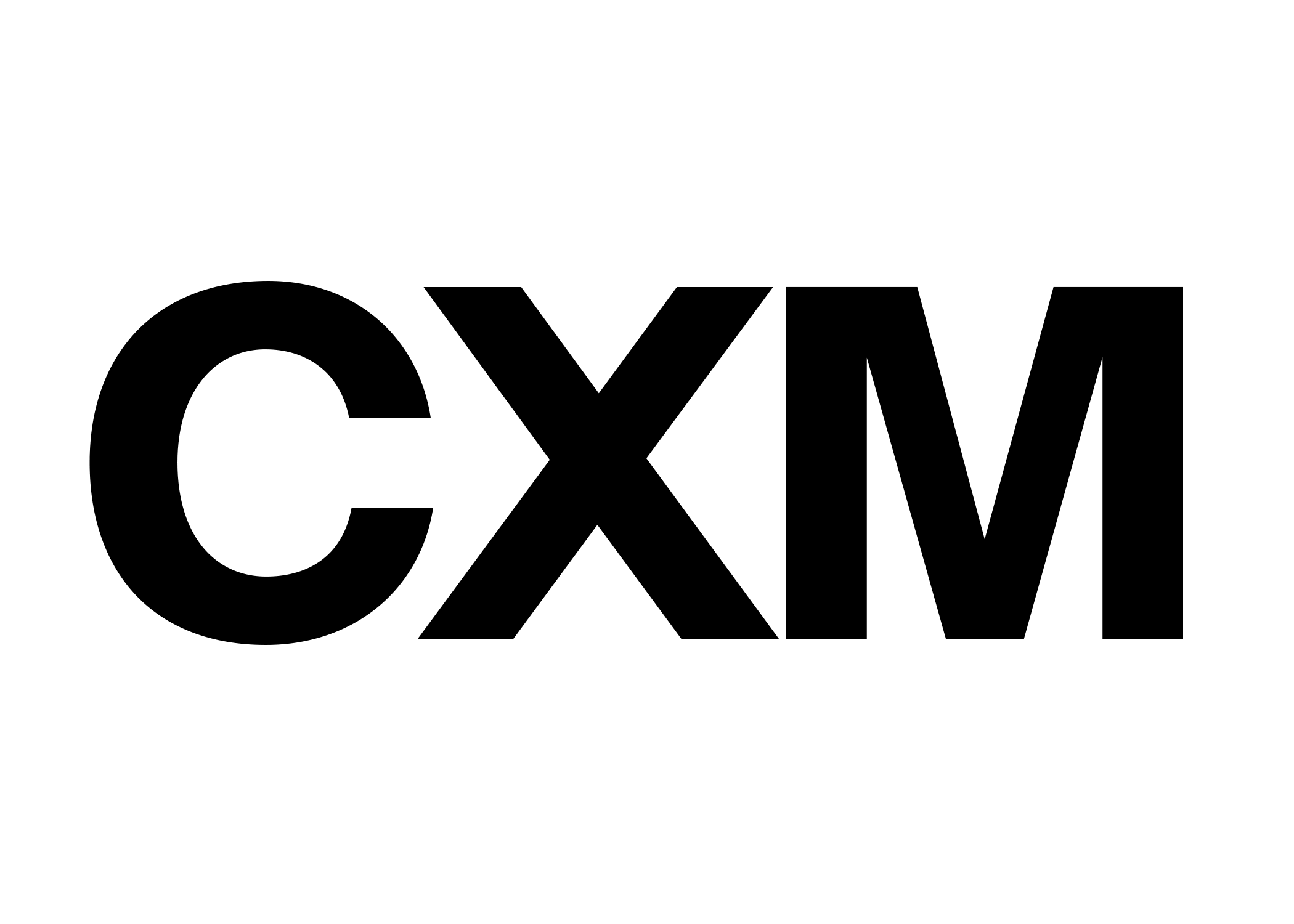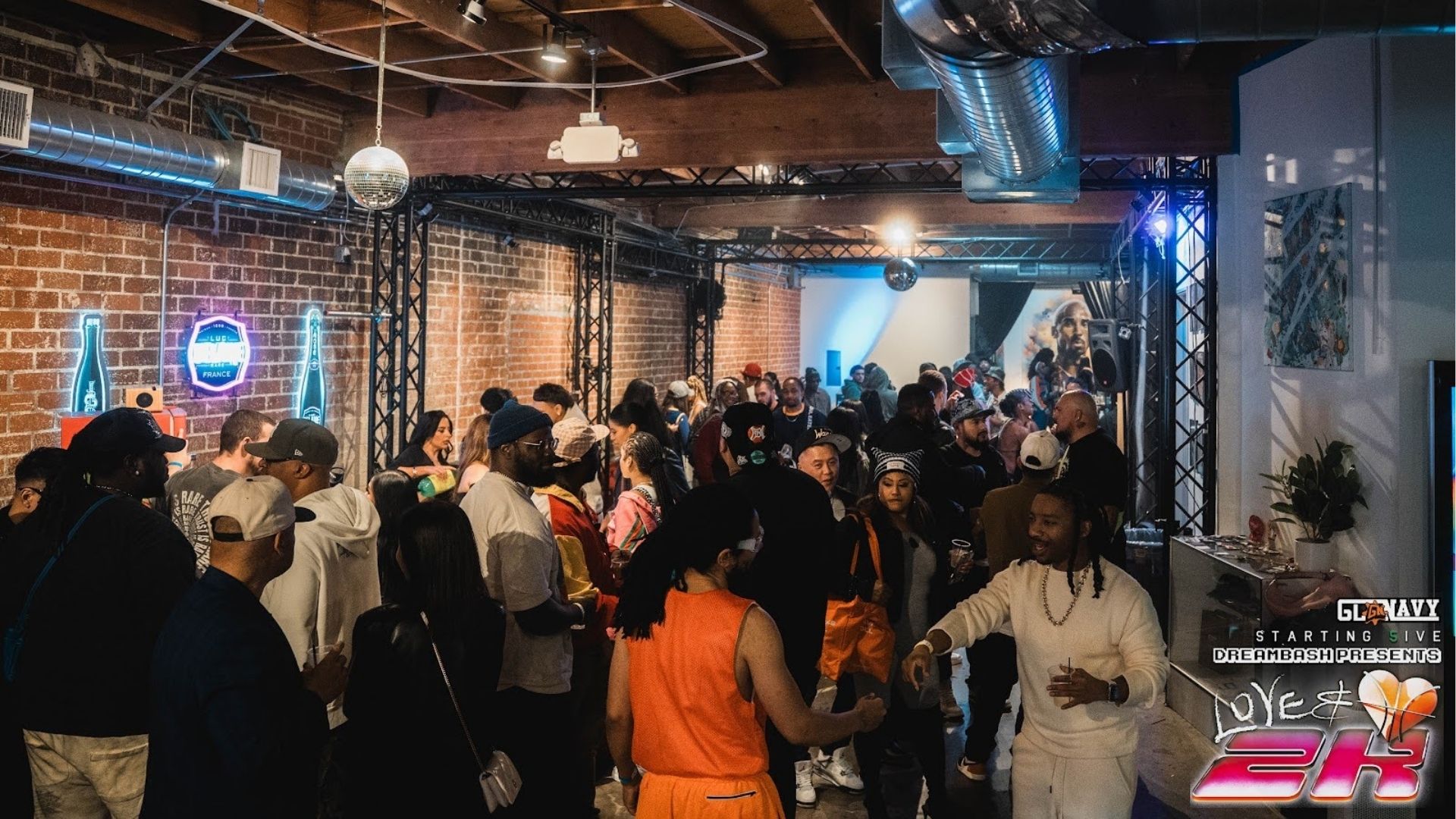Let’s address the elephant in the aisle: Target recently pulled back its DEI commitments, triggering boycotts spurred by prominent black leaders. Meanwhile, AMP—Atlanta’s dynamic Black creator squad—is launching merch in those same stores. Before anyone presses “unsubscribe,” hear me out.
AMP isn’t just a crew making YouTube videos—they’re entrepreneurs, culture-makers, and idols in motion. Getting shelf space at Target is a seismic leap: economic visibility, massive reach, and validation of Black digital creativity. They’re building something real—and profitable—without diluting their identity. That’s not sell‑out. That’s success.
Target dropping internal DEI budget and external hiring initiatives is sour. But platforming Black-owned products? ...That’s actual DEI energy. Carrying AMP-backed products means money flows to Black creators, visibility scales, and marketplaces diversify. That's a win! If pandering to optics was the goal, the program would’ve died after a press release.
Sure, hiring diverse staff matters. But sitting at the C‑suite doesn’t equate to economic impact unless minority founders also win shelf space and contracts. AMP products in Target? That’s tech creators entering retail with revenue paths, not just representation. Ownership > tokenism.
🔍 Target and Black-owned suppliers by the numbers
- Target hit its 2021 pledge to feature products from more than 500 Black-owned brands and expected to spend $2 billion with Black-owned businesses by 2025. By 2022, it had doubled the number of such brands to over 100 across categories like beauty, books, home goods and more diversity.com+10People's Daily Online+10ICMGLT+10MVEMNT+4Target Corporation+4Target Corporation+4.
- The supplier diversity push led to roughly $1 billion in procurement from diverse-owned businesses in 2021 alone Black Enterprise+7diversity.com+7Wikipedia+7.
- Though the formal DEI initiatives were paused in January 2025, many Black-owned brands have publicly urged consumers not to boycott Target—warning that loss of shelf exposure could hurt Black entrepreneurs more than Target People's Daily Online+3Reuters+3New York Post+3.
So yes—AMP selling at Target is worth celebrating. Even though Target dropped its DEI programs, the fact AMP has earned retail shelf space shows they still see value in Black creators and Black-owned businesses. That visibility isn’t token—it’s transformative. And while internal targets and corporate pledges fade, what actually moves capital and builds generational wealth is integration into big‑box retail.
Boycotts can send a message—but they can also erase the spotlight from brands built by Black hands. AMP × Target isn’t corporate co‑optation; it’s Black excellence platformed. Supporting that partnership doesn’t negate accountability—it demands that more corporations open real doors, not just drop internal memos.
Let’s salute the wins and keep pushing for more.




.png)